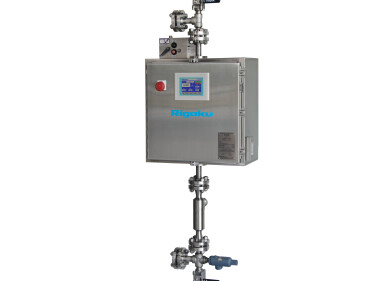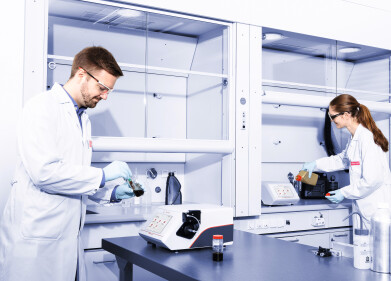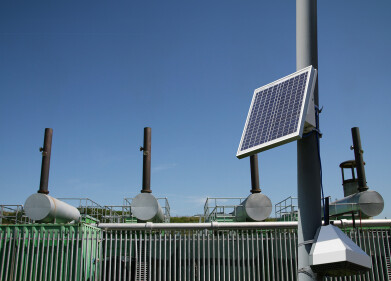Measurement and Testing
Can Sugarcane Produce Jet Fuel?
Dec 15 2017
While biofuel has made big progress on the ground, it hasn't quite taken off as a jet fuel alternative. But now, a team of researchers have found that with the right techniques one acre of engineered sugarcane could yield over 2500 litres of biomass-derived jet fuel.
Currently the aviation accounts for 2% of global carbon dioxide emissions. While it doesn't come close to the 40% generated by electricity and home heating, it's still one of the world's fastest growing greenhouse gas sources. And with air travel demand set to double over the next two decades, emissions solutions need to be in place.
Cue sugarcane, one of the most efficient, fastest growing crops in the world. In a recent study penned by researchers from the University of Illinois, sugarcane has been put forwards as a viable biofuel source. With the capacity to generate more than 2500 litres of eco-friendly fuel per acre, authors Deepak Kumar, Stephen P. Long and Vijay Singh maintain that 54 acres of sugarcane could power a Boeing 747 for 10 hours. In comparison, competing crops such as soybeans and jatropha would produce 13 to 15 times less jet fuel per unit.
Developing an "energycane" variety
With sugarcane now certified as a bona fide biofuel source, researchers are looking at ways to create "energycane" that photosynthesises faster. Armed with the right genetic engineering techniques, this would create a higher-yielding, more energy efficient variety of sugarcane. They're also attempting to tweak cold-tolerance, as the crop has the potential to grow up to 70% faster in cool climates. Oil content is also a factor, with the team looking at ways to boost the plant's natural oil production which would increase yield and heighten its eco-friendly credentials.
A sweet venture for US farmers
A sugarcane thrives on land that's unsuitable for many mass-produced food crops, the team maintain that it could soon be adopted by United States growers. They assert that if the USA devoted 23 million acres to growing sugarcane with a high oil content, the crops could meet 65% of national jet fuel demand.
With sub zero freezing points, developing jet fuels goes hand in hand with a unique set of challenges that aren't faced by traditional on-land biofuels. Spotlighting the latest developments from jet fuel analysis solutions provider PAC-Phase, 'Is Measuring Jet Fuel Viscosity More Accurate Than Freezing Point?' offers a glimpse at the cutting edge new technologies set to replace traditional freezing point methods.
Digital Edition
PIN 25.5 Oct/Nov 2024
November 2024
Analytical Instrumentation - Picturing Viscosity – How Can a Viscometer or a Rheometer Benefit You? - Sustainable Grease Formulations: Evaluating Key Performance Parameters and Testing Method...
View all digital editions
Events
Dec 03 2024 Dusseldorf, Germany
Dec 08 2024 Anaheim, CA, USA
Turkey & Black Sea Oil and Gas
Dec 11 2024 Istanbul, Turkey
Dec 19 2024 Aurangabad, India
Jan 20 2025 San Diego, CA, USA



















